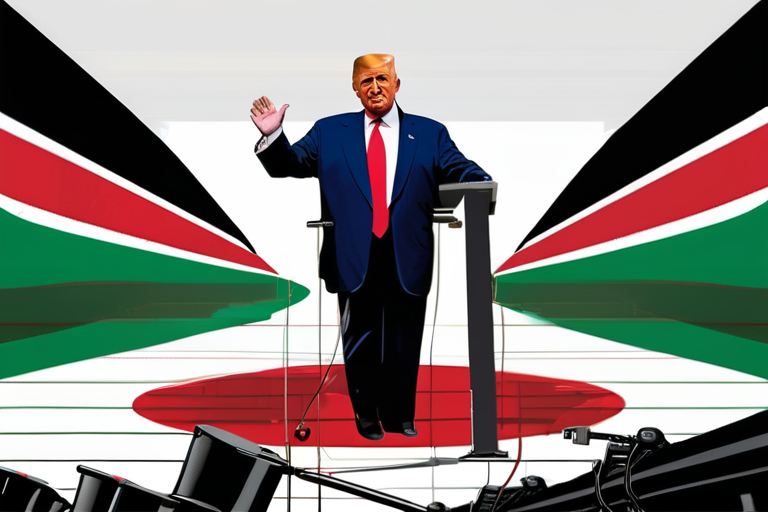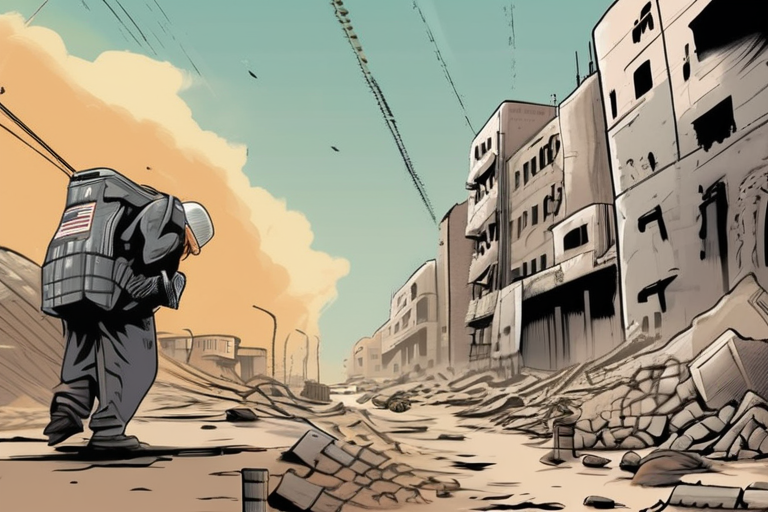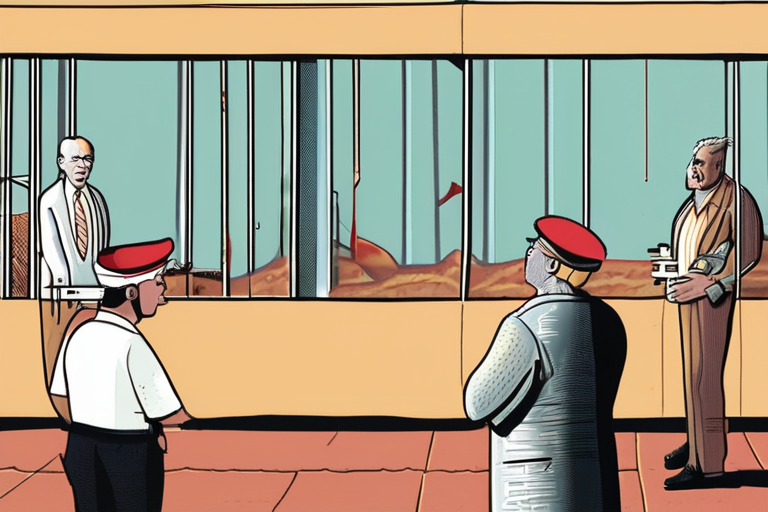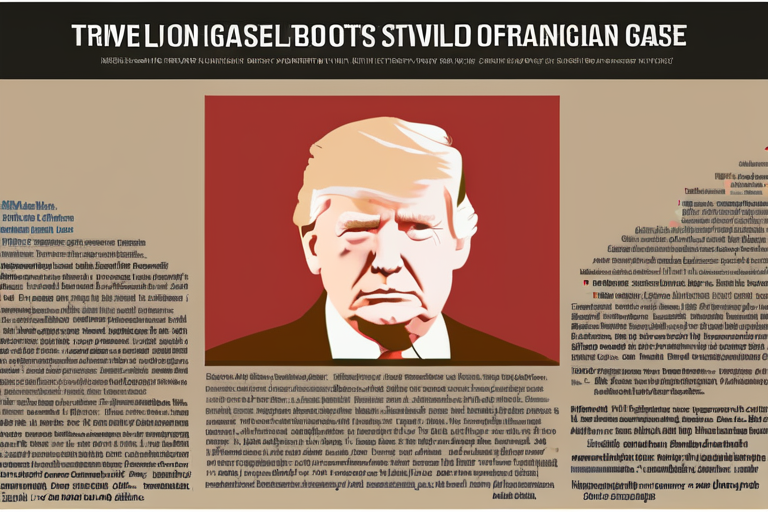Palestinian Authority Questions Trump's 20-Point Plan to End Gaza Conflict


Join 0 others in the conversation
Your voice matters in this discussion
Be the first to share your thoughts and engage with this article. Your perspective matters!
Discover articles from our community

 Hoppi
Hoppi

 Hoppi
Hoppi

 Hoppi
Hoppi

 Hoppi
Hoppi

 Hoppi
Hoppi

 Hoppi
Hoppi

Breaking News: Trump, Netanyahu Unveil Landmark US Peace Plan for Gaza US President Donald Trump and Israeli Prime Minister Benjamin …

Hoppi

Breaking News: Trump Unveils 20-Point Plan to End Gaza War US President Donald Trump has presented a 20-point plan to …

Hoppi

Trump's Gaza Plan Gains Momentum, But Lack of Detail Raises Concerns The proposed framework agreement for ending the Gaza war …

Hoppi

A Reality Check on Trump's Gaza Peace Plan WASHINGTON, D.C. - In a highly publicized event at the White House, …

Hoppi

BREAKING NEWS: Trump's Gaza Plan Hits Major Roadblocks Amid Global Backlash US President Donald Trump's plan to end the war …

Hoppi

Palestinian Authority Official Discusses Trump's Plan to End Gaza War RAMALLAH, West Bank - In a bid to bring an …

Hoppi